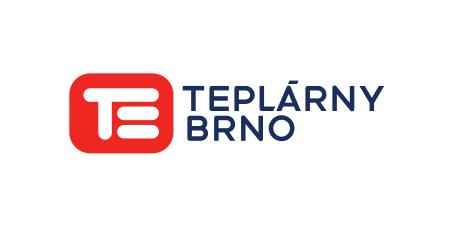URBIS 2025: Smart Cities as a Catalyst for Innovation, Cohesion and Sustainability
May 28, 2025 / 6:40 AM
In June, Brno will once again become the epicentre of smart solutions for cities and municipalities. The URBIS 2025 conference (10-12 June) will be the epicenter of smart cities in Europe, offering discussions, inspiration and concrete tools for creating modern, resilient and sustainable cities over three intensive days. The main conference programme in the Rotunda of Hall A with the participation of leading Czech and international experts will focus this year on the role of cities as an engine of prosperity, a catalyst for social innovation and a partner in addressing climate challenges. The main partner of the programme in the Rotunda is Teplárny Brno.
Programme on 10 June
Strategic opening and keynote with global guest
The conference will kick off on 10 June with an opening ceremony featuring strategic perspectives and challenges facing European cities. The special guest will be Ugo Valenti, Director of Smart City Expo World Congress in Barcelona, the world's largest platform dedicated to smart cities.
Cities as drivers of innovation and cohesion
The opening day will feature two key discussions on the role of cities - large and small - as agents of change and innovation. In the first part, a round table will bring together mayors of statutory cities and the Minister of Industry and Trade, Lukáš Vlček, to focus on the competitiveness of cities and the sharing of good practice. In the second part, representatives of smaller cities will join the discussion with the Minister for Regional Development Petr Kulhánek, where the main topic will be regional cohesion and smart solutions in the local context.
Community energy, AI and social innovation in practice
Czech cities are rapidly learning to use new tools - from community energy to artificial intelligence. URBIS 2025 will present successful projects, inspiration from abroad and concrete lessons that can be applied elsewhere. In addition, the Centre for Regional Development will show how AI can be used in the management of European funds.
Programme on 11 June
Second generation and seniors as active co-creators of the city
The programme on 11 June will offer an important perspective: children and young people as drivers of public space. The discussions will be complemented by examples from schools, cities and intergenerational projects that show how to give young people a voice and responsibility.
In contrast, but with equal importance, the topic of longevity and quality of life for the elderly will be raised - that is, how to build cities that are accessible and functional for everyone.
Civic tech, Bauhaus and collaboration for climate neutrality
The next session will focus on multi-level collaboration between cities, banks, universities and the private sector on the path to climate neutrality. The New European Bauhaus Project (NEB-STAR) will show how beauty, sustainability and innovation can be combined. The theme of Civic Tech - digital tools to promote participation and citizen engagement - will also be featured, including a perspective from war-affected Ukraine.
Programme 12 June
Digital city management and ‘evidence-based’ decision-making
The final day (12 June) will bring a futuristic but practical look at city management using digital twins, sensors and AI. There will also be guest speakers from Bavaria who will present new opportunities in the field of digital local energy.
A panel on the use of AI in public administration will also benefit those without a technical background - the aim is to show where to start and how AI can improve services and communication with citizens. The day will conclude with a discussion on ‘evidence-based’ decision-making, i.e. how to work with data instead of impressions - and how to make better decisions for citizens with it.
URBIS 2025 reaffirms that cities and municipalities are not only stewards of territory, but also agents of change and partners in innovation. In times of climate, technological and societal challenges, collaboration across disciplines and sectors is crucial - and Brno is ready to host this debate.

